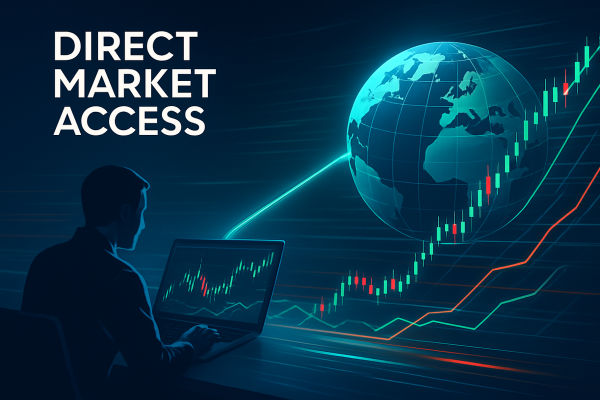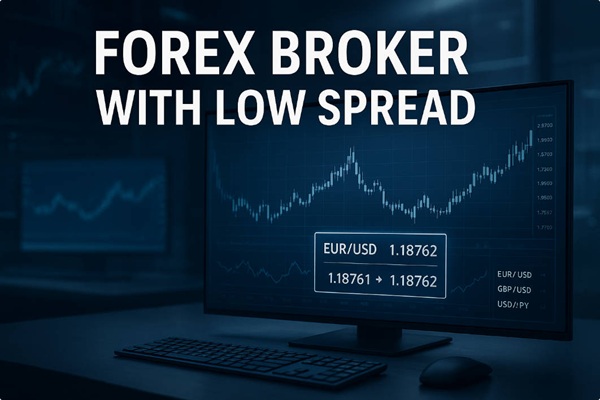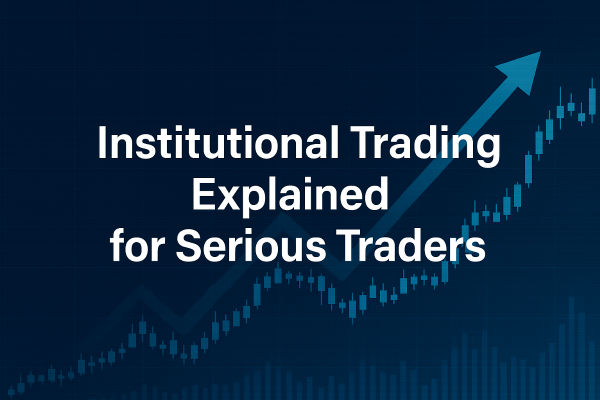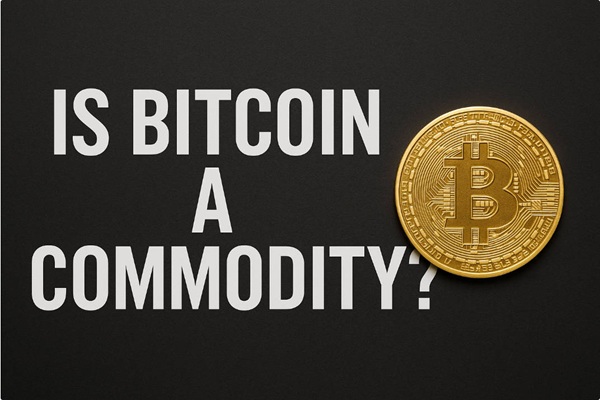In modern trading, efficiency and control are often the difference between average results and professional-grade performance. This is where Direct Market Access becomes a powerful tool. Unlike traditional trading models where orders are routed through brokers’ internal systems or dealing desks, Direct Market Access allows traders to send their trades straight to the exchange or liquidity provider. The ability to interact directly with order books, see depth of market in real time, and place trades without broker intervention makes DMA a sought-after choice among professional traders.
But what exactly is Direct Market Access, how does it work, and why do many pro traders prefer it? In this complete guide, we will explain the mechanics of DMA, its advantages and drawbacks, and whether it is suitable for every type of trader.
.webp)
What Is Direct Market Access?
Direct Market Access refers to a trading system where individuals or institutions can place orders directly into the exchange’s order book without needing a broker to manually process the trade. While a broker still provides the technical infrastructure, execution becomes faster and more transparent.
With Direct Market Access, a trader sees the same bid and ask quotes, as well as order flows, that major banks and institutions do. This level of visibility into the market is often called “market depth,” and it allows for a more strategic approach to execution. Unlike market makers who may quote prices with wider spreads, DMA reflects real supply and demand, giving traders a purer view of the market.
How Direct Market Access Works
At its core, Direct Market Access is made possible by electronic trading platforms that connect directly to exchanges. When a trader submits an order, instead of going through a broker’s internal dealing desk, the order is matched instantly with counterparties in the order book.
For example, if a trader wants to buy 100 shares of a stock at $50, they will see if there are sellers willing to part with shares at that price. If multiple sellers exist, the trade is executed immediately. If not, the order remains in the book until matched.
In forex trading, Direct Market Access typically links traders to liquidity providers such as banks, hedge funds, or electronic communication networks (ECNs). The result is faster execution, tighter spreads, and fewer hidden costs.
Risks and Limitations of Direct Market Access
Although Direct Market Access offers many advantages, it is not without drawbacks.
First, the speed and control require technical knowledge and discipline. Inexperienced traders may place orders incorrectly or fail to manage risk appropriately. Second, the costs associated with DMA platforms, including commissions and data fees, may not be suitable for small retail traders. Finally, because DMA exposes traders to raw market volatility, it demands a strong strategy and the ability to react quickly.
For many beginners, a traditional broker model may provide the guidance and stability they need before transitioning into DMA.
Direct Market Access vs Traditional Trading
The key difference between DMA and traditional broker execution lies in transparency and control. In traditional setups, a broker may act as a market maker, offering prices that include spreads and sometimes taking the other side of client trades. This can introduce conflicts of interest and slower execution.
In contrast, Direct Market Access eliminates these frictions. Orders are routed directly to the market, and the broker acts only as a facilitator, not a counterparty. For traders who prioritise neutrality, DMA is a superior option.
Who Uses Direct Market Access?
Direct Market Access has long been the domain of institutional investors, hedge funds, and professional trading desks. These entities rely on DMA for its efficiency and ability to handle large orders discreetly.
Today, many advanced retail traders are also accessing DMA platforms, particularly in forex and equity markets. However, because of higher requirements for capital and technical expertise, DMA continues to be most popular among traders who are serious about precision and performance.
Direct Market Access in Forex Trading
Forex is one of the markets where Direct Market Access has had a transformative impact. Instead of being limited to broker quotes, forex traders with DMA can trade against liquidity pools provided by major banks and institutions. This creates an environment where spreads are narrower, slippage is reduced, and execution quality is higher.
For traders engaged in strategies like scalping or news trading, DMA is especially valuable because it reduces the possibility of delays or re-quotes.
Direct Market Access in Stock Trading
In equities, DMA enables traders to interact directly with the exchange order book. This means they can see where institutional players are placing large buy or sell orders. Such visibility can help them anticipate short-term movements and align trades with market flow.
For example, spotting a large buy wall in the order book may indicate upcoming bullish momentum. This kind of insight is not typically available through standard retail broker platforms.

Final Thoughts
Direct Market Access represents one of the most significant advances in modern trading technology. By connecting traders directly to exchanges and liquidity providers, DMA delivers speed, transparency, and flexibility. While it requires greater knowledge and responsibility, it empowers traders to execute strategies with precision.
For professional traders, the benefits of Direct Market Access are clear. The ability to see market depth, reduce costs, and avoid broker conflicts of interest makes DMA an attractive choice. However, retail traders should carefully consider whether they have the capital, experience, and discipline needed to make the most of it.
In the end, Direct Market Access is not a magic formula for success, but rather a tool. Like any tool, its effectiveness depends on the skill and discipline of the user. For those ready to embrace its challenges, DMA offers a gateway to a more transparent and professional trading experience.
Disclaimer: This material is for general information purposes only and is not intended as (and should not be considered to be) financial, investment or other advice on which reliance should be placed. No opinion given in the material constitutes a recommendation by EBC or the author that any particular investment, security, transaction or investment strategy is suitable for any specific person.



.webp)























